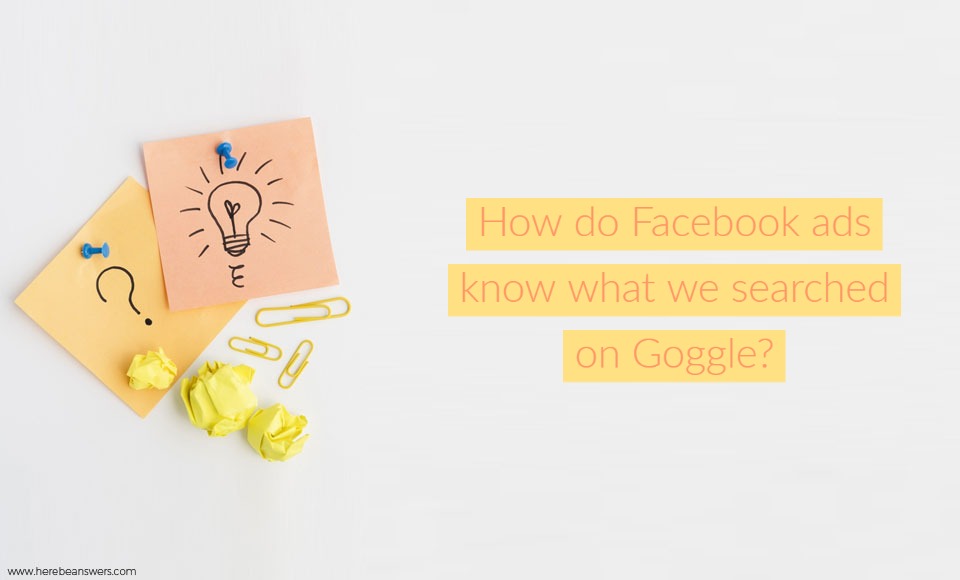Surfing through your Facebook feed and Instagram, you suddenly come across a page whose website you had visited a couple of days back. Not only are you surprised but alarmed as well about Facebook and Instagram’s ability to precisely figure out the website you had visited and purchased certain items from. Apparently, this is a way for these websites to track your surfing and then display the pages that may be similar to your liking and preferences. The same goes for YouTube as well. After you have searched for a particular artist or a song, YouTube will display other songs as well with “Recommended for you” mentioned underneath because it understands and knows what you like to hear and prefer.
As simple and easy it may seem, Facebook’s strategy and technique of getting to know what we searched for on Google is quite clever. By now, you must be aware that Facebook keeps track of your daily internet activities. But that is just the tip of the iceberg. It records the activities of your friends as well. So, if, for instance, your friend has liked a certain page, it may also show up on your feed just because Facebook thought that you might like it as well.
Additionally, Facebook also categorizes its users based on “ethnic affinity.” What this means is that it will sometimes show certain things on your feed that might be close to you just because of your ethnicity. It could be anything, either music or TV shows, etc. Even though Facebook may get it wrong many times, but there is nothing that could disable it.
Facebook makes use of data collection companies such as Datalogix, Acxiom, BlueKai, and Epsilon. These companies track your information through things like mailing lists, browser cookies and store loyalty cards, etc. so, for instance, if you something from a grocery store and receive a discount using your loyalty card, that information will be saved by a company like Acxiom.
Another factor that plays a huge role in Facebook tracking you for ads is your mobile phone. Today, mobile phones download and collect more personal information as compared to computers and other devices. If you allow an app such as the Facebook messenger to use your location to alert when your friends are nearby, it will basically record your movements and even listen to the music you hear, ultimately recording your likes and preferences. Similarly, if you happen to check-in with your friends, it will even show suggestions and nearby places that have either been liked or visited by your friends, all through your GPS and mobile phone.
